Managing High Blood Pressure with Acupuncture - A Roxbury and New York Patient’s Successful Treatments
Photo by GustavoFring from Pexels
High blood pressure, or hypertension, is a common health concern affecting millions of people worldwide. While conventional treatments such as medication and lifestyle modifications play a crucial role in managing blood pressure, some individuals are exploring alternative therapies like acupuncture.
Hypertension occurs when the force of blood against the artery walls is consistently too high. Over time, this can lead to serious health issues, including heart disease and stroke. Traditional treatments typically involve medications, dietary changes, and increased physical activity.
Several studies have explored the potential of acupuncture in managing blood pressure. Some research suggests that acupuncture may have a modest effect on lowering blood pressure. I can tell you of one patient’s dramatic response. Here’s the text I received after her first treatment for this; “BP tonight; 116/79!!!!!! Wow! My very heartfelt thanks!” Her systolic blood pressure had been 160. Since she also has a hip injury, it’s hard for her to exercise, thus unable to help the situation so she came to me for help.
Another patient from New York also benefited from acupuncture to lower his blood pressure. He reported “BP dropped very nicely into normal range. Yea!!” I can’t tell you how gratifying it is to read these texts at the end of the day.
Here are the many ways that acupuncture can help lower blood pressure.
1. Stress Reduction:
Acupuncture is thought to trigger the release of endorphins, the body's natural painkillers, and promote relaxation. This can help reduce stress and anxiety, factors known to contribute to high blood pressure.
2. Improved Blood Flow:
Acupuncture may enhance blood circulation by dilating blood vessels. Improved blood flow can positively impact blood pressure levels and overall cardiovascular health.
3. Regulation of the Autonomic Nervous System:
Some studies show that acupuncture can influence the autonomic nervous system, which plays a role in regulating blood pressure. By promoting balance within the nervous system, acupuncture may contribute to blood pressure control.
Before considering acupuncture as a treatment for high blood pressure, it's important to consult with a healthcare professional. Acupuncture should be viewed as a complementary therapy, not a replacement for conventional medical treatments. Inform your healthcare provider about any alternative therapies you are considering to ensure they align with your overall treatment plan.
As with any alternative therapy, it's important to incorporate it into a comprehensive approach to managing high blood pressure. Acupuncture, when used in conjunction with conventional treatments and lifestyle modifications, can offer a holistic approach to promote cardiovascular health and well-being. Always see a licensed acupuncturist (L.Ac) to make sure you are getting high quality treatments.

